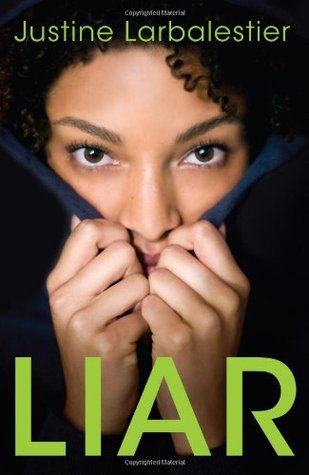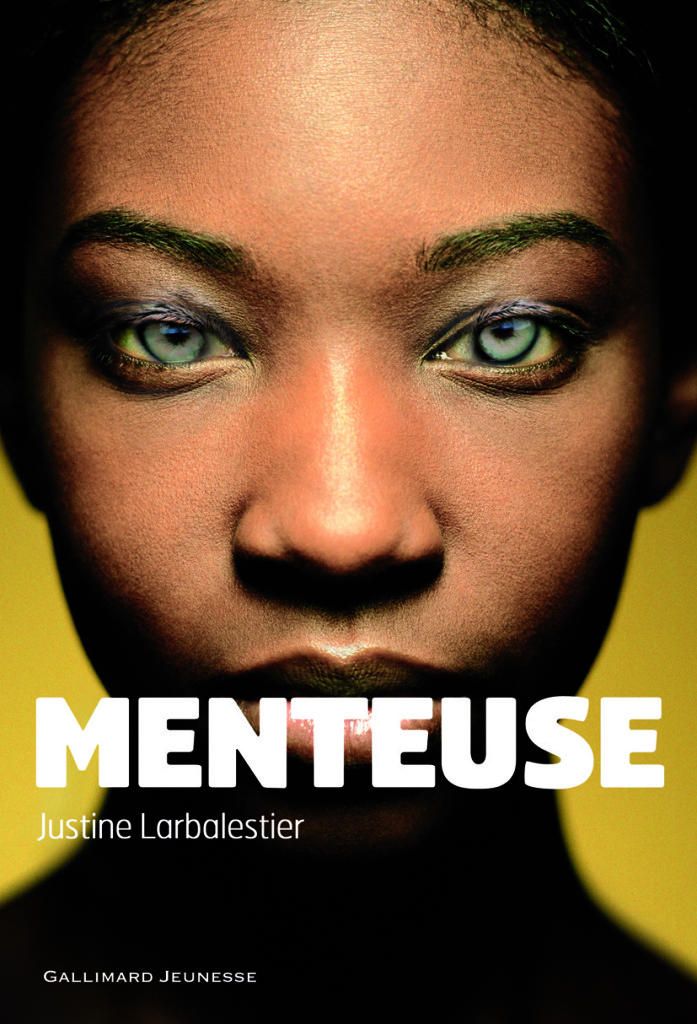I was greatly saddened and discouraged last week to see an author tear down another author over how she interpreted his remark in an interview – while a bunch of people dogpiled on, waving pitchforks. (Excuse the mixed metaphor.) I’m not going to provide links or names, although a lot of my blog readers will know what I’m talking about. In a profession where our words and the works of our heart are already judged and picked apart by the reading public, why would one writer do this to another?
We, of all people, know how hard it is to get our meaning across in just the right words – how we edit and revise and rewrite until we think we have the perfect expression of our ideas. And then a CP or editor will completely misunderstand those words or not get the point of them at all, and we have to go back to the drawing board.
But you can’t do that in a live interview. You are stuck with what you said the first time.
Back in 2009, when I was a few months shy of being a debut author and I was still reviewing for Amazon Vine, I wrote a review of Justine Larbalestier’s novel Liar that praised her book but complained about the publisher white-washing her cover. To my astonishment (and excitement) I was contacted by someone writing an article about this cover for Publisher’s Weekly. She wanted to interview me by phone.
I was nervous, of course. And I may have babbled a little because of it. We talked about race and book covers for awhile, and then I changed the subject and mentioned the long hair of the girl on the cover. In the book, Micah wears her hair cropped close to the scalp so that she can pass as a boy. “But publishers think they have to put pretty girls on the cover,” I said.
Afterward, I realized how bad that sounded – as if girls who are athletic or wear their hair short can’t be attractive. What I meant and should have said was: “Publishers put girls on their covers that fit within their narrow definition of pretty, which includes long hair even when short hair is an important part of the plot.” But you can’t go back and edit your words in a phone conversation.
When the article was published, my interview was only briefly mentioned, and two quotes were included: One about race. The other about publishers only putting pretty girls on the cover.
It now sounded as if I meant girls of color weren’t pretty. Oh … crap. I know the article writer didn’t do it on purpose, but this was an unfortunate juxtaposition of quotes from different topics in a conversation, one of which was badly phrased. Now my remarks seemed racist.
There were several angry comments directed at me by readers of the article, but luckily, it went no further than that because 1) I was an unknown author and 2) it was 2009 and it hadn’t yet become the fashion to vilify people on Twitter and make memes about them to share on Facebook.
Most of the time, we writers get to edit our words. Sometimes, we don’t. Regardless, we ought to understand how hard it is to get the words right and defend each other when one of us puts a foot in his/her mouth.
FYI, I never did see what was supposedly so offensive in the answer that author gave in his interview, although I thought the question itself was insulting. However, as a fellow writer, I’ll give the benefit of the doubt to the interviewer and assume that he/she also didn’t use the right words to convey the intended meaning of the question.



I bet your heart just sank when you saw the article. Good thing it blew over quickly. It’s so easy to say something that can come off in a way we didn’t mean.
I know what situation you’re talking about and I thought the interviewer really went off the deep end with twisting the author’s words.
Hi Dianne – it’s a dangerous place out there .. using words can be a real worry! Alex says it right … we just need to be so careful – but everyone gets caught off the cuff sometimes … I’m sure you are much more careful now. Cheers Hilary
Wow – those are big changes in the cover. I’ve seen/read plenty of authors being very upset with the covers their publishers choose for them. Like a Contemp with almost no romance in it having a cover of a couple kissing. People who bought the book expecting a romance were disappointed. But the publisher knows romance sells, so they didn’t care if they were misrepresenting the work. They told her “If your work is strong enough, it will win over the people who expected a romance.” That didn’t work very well for her. And the truth is, the pubber just wants to make money. They don’t care about complaining reviews, though it will haunt the author’s reputation forever. One of the many reasons I’m going indie.
I don’t think I’d ever be able to be perfectly pc in a live interview. I’m sure I’d end up saying something controversial. So I don’t do them. 🙂
I, too, was quite disheartened over the incident. It’s one of those times in this profession where I felt awkward stepping forward. I did, but not to give my opinion about went down; rather, I chose to support the ‘oppressed’ author. (That sounds so wrong to say.) I simply don’t see any value in tearing another person down, writer or otherwise. At this level of the game, if you don’t agree or like another’s views or statements then stay away. Don’t buy their books, etc… Calling someone out on the public carpet only puts all involved in poor light. It certainly doesn’t do any good for our YA community, either. Other than A’s person pain, I think that’s what bothers me the most.
I know what incident you’re talking about, and I thought it was very uncalled for, given the original comment. I don’t know why people gang up on each other like that. It makes me extremely nervous to ever say ANYTHING since I know some of my opinions aren’t considered “normal”. For what it’s worth, with your comments, I’m glad it blew over quickly enough. I don’t think you could ever say anything that was purposefully hurtful!
This is something I worry about as well. Thankfully I haven’t said anything offensive (or if I have I haven’t been told), but it goes to show that some will be offended by anything. I heard of this as well.
I would have been so upset! I’m always afraid ppl will take me the wrong way, so that would be a nightmare. I’m glad it blew over quickly for you. You’re right, that nowadays, it could have been a nightmare!
Ack! That would have been stressful – context is everything. BUT they did change the cover – and it is beautiful.
I don’t know of the article you wrote about, but hearing about it makes me sad too.
I’m clueless about the incident…and generally I’m usually clueless. But I totally understand how remarks taken out of context can be ruinous. Luckily for you, it was a near miss. 🙂
One thing I’ve had to learn the hard way from blogging is that people can interpret my words however they want to – and I can’t change their perspective. All the more reason to pause before speaking, a habit I wish I practiced more diligently. Thanks for this reminder to be thoughtful and forgiving with words.
I was saddened by the incident last week. It’s disheartening to see how people can just tear someone apart. It is easy to misinterpret text and words, but ask the person directly. Go to the source and find out the facts first before pointing fingers. We should be supporting each other. This business is hard enough, like you said. At one point years ago, I thought it was. But last week’s incident is starting to make me think otherwise and it scares me to death. I can see how stressful you probably were. Glad things worked out.
Wow, Dianne. I’m glad your own experience with speaking too soon didn’t bring hellfire on your for long, but it’s too bad it has to happen at all. To anyone. I can’t imagine not feeling defensive for a fellow writer, because yes, we all know there’s no time for revision during a live interview. How scary, and how awful!
Without knowing the question or the answer, I can’t really comment much on whether or not they were inappropriate. And yes, people jump on things too quickly and with too much vehemence. I know you would never say anything offensive, but for people of color to see something like that after lifetimes of being told why they weren’t “pretty”…yeah, I can see why it touched a nerve.
Of course I know exactly what you’re talking about, and this is so great a response! It really goes to show just how easily we can be misinterpreted, and does a great job reminding us to start from a place of empathy, especially to those within our community. Thanks, Dianne!
Thank you so much for sharing your story. I wish so many times I could have do-overs for not being clear the first time. It’s a precarious social media world we navigate now.
I’m impressed that you spoke out, even if your words didn’t come out as intended. I wonder if it led to the cover diversity. White-washing covers is certainly a huge problem!
Ugh. >_< The reason why I so often prefer to communicate via writing instead of speech is that I can take the time to make sure I'm saying exactly what I mean to say, and do what I can to keep it from being wildly misinterpreted. But you're right, that's not possible in an interview. I do hope that a lot of whatever happened was based on misinterpretation, and now I'm paranoid that I'll constantly be asking for clarification in any interviews. Oi.
I am glad that you made your comment before people started tearing people apart on social media. We all make similar mistakes all the time when we are nervous, or our thoughts don’t come out right. I heard about the author incident you mentioned and I hope the interviewer was innocently posting his answer. I was surprised when reading the interview to see how people jumped on a bandwagon against the poor author whose response seemed to take on a whole new meaning by the angry mob. I try to give people the benefit of the doubt before thinking badly about what they have said. If we all stop and think about the fact that we are all humans then we might treat each other with a little more kindness and a little less judgement. Thanks for sharing your personal experience with us.
I’m not familiar with the recent piling-on debacle, but I’ve seen others, which were essentially escalating meanness fed by a mob mentality. There’s simply no excuse for that kind of behavior, either in person or online. Especially within the writing world, where there should be more of a circling-the-wagons-and-looking-out-for-each- other kinda mentality.
As for your personal experience, I think your grievances with that cover were perceptive and thoughtful. Even without reading the book, just by reading what you have to say about it, clearly the French cover does a far superior job serving as a reflection of the book’s content. I’m glad your comments didn’t get too blown out of proportion.